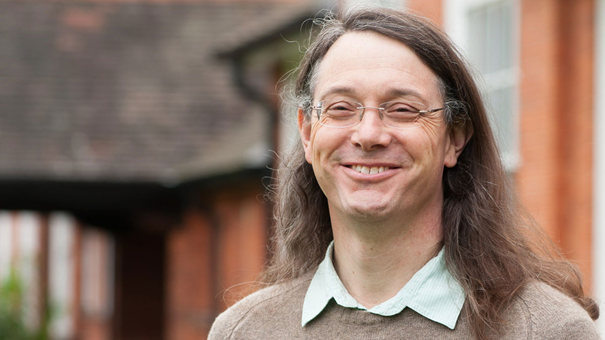Dr Richard Harris is a Professor at the University of Reading who has been involved in education for nearly 30 years, and specialises in the practice of history teaching, action research, curriculum policy and development, diversity, citizenship, trainee teacher/teacher development and transgender issues. Learn more about Richard’s recent work based around LGBT+ students in UK secondary schools.
‘I just want to feel like I’m part of everyone else’: how schools unintentionally contribute to the isolation of students who identify as LGBT+
This study explores the experiences of students who identify as LGBT+ in six secondary schools in the south of England. Drawing mainly on data from five student focus groups, one student interview and nine teacher interviews, supplemented by a survey of staff and a review of school policy documents, this study examines how schools unwittingly increase LGBT+ students’ sense of isolation. Using a framework that identifies different forms of isolation, this study found that use of gendered spaces, the creation of ‘safe’ spaces such as support groups and the school curriculum can exacerbate students’ feelings of isolation, despite the good intentions of schools. Understanding how schools (unwittingly) contribute to LGBT+ students’ sense of isolation potentially provides a means to identify more specific ways schools could address this issue.
Access an online version of the full article here
Access a PDF version of the full article here
Exploring the secondary school experience of LGBT+ youth: an examination of school culture and school climate as understood by teachers and experienced by LGBT+ students
The purpose of this mixed methods study was to examine teacher and LGBT+ student attitudes around school climate and school culture. Participants were 153 teachers and staff from six UK secondary schools who completed electronic surveys, nine of whom were interviewed, and students who participated in focus groups at each school. Results suggest a disconnect between teacher and student viewpoints regarding both school climate and school culture around LGBT+-related matters. Many teachers seemed unaware of the overt discrimination that many LGBT+ students received from their peers and that these students were mostly unhappy with the lack of curricular integration of LGBT+ topics. Findings suggest most staff are taking a reactive rather than proactive stance to LGBT+-related issues, and their ignorance of student concerns means little is likely to change. These findings reflect a heteronormative and cisgendered culture, where those in charge are not questioning cultural norms and the status quo. The study argues for a reexamination of how teachers and other staff interpret lived LGBT+ student experiences in these and other secondary contexts.

